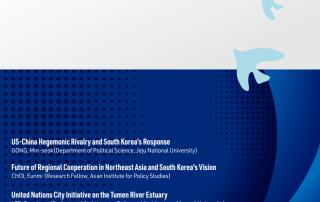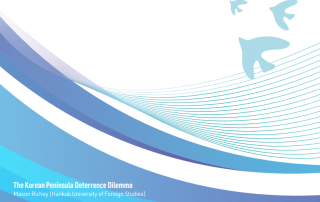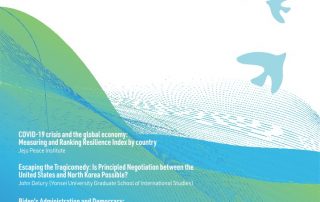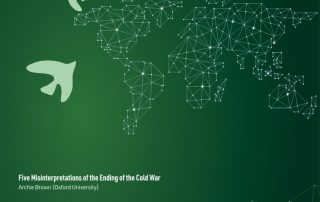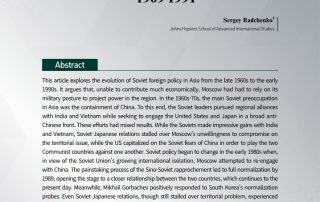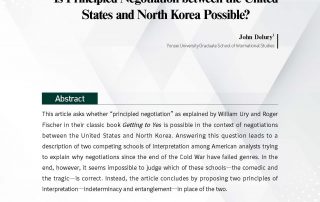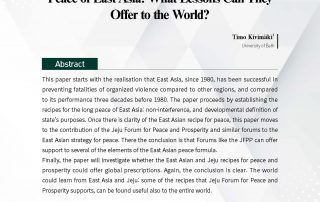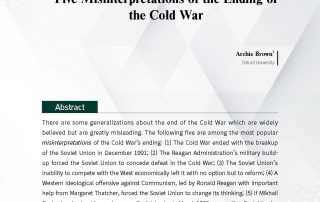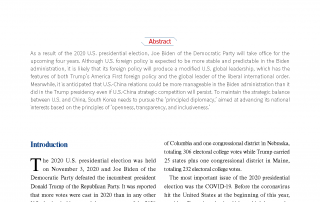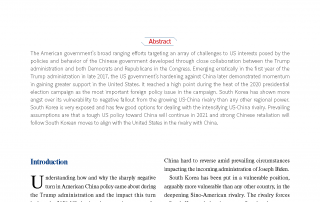2022 JEJU FORUM JOURNAL Vol.2
The Jeju Forum for Peace and Prosperity, which the Jeju Peace Institute (JPI) annually organizes, is an important opportunity for scholars, political leaders, diplomats, and activists from around the world to discuss current issues regarding peace, prosperity, and multilateralism; it gives our scholarly activities an important practical anchor as well as a point of reflection.
